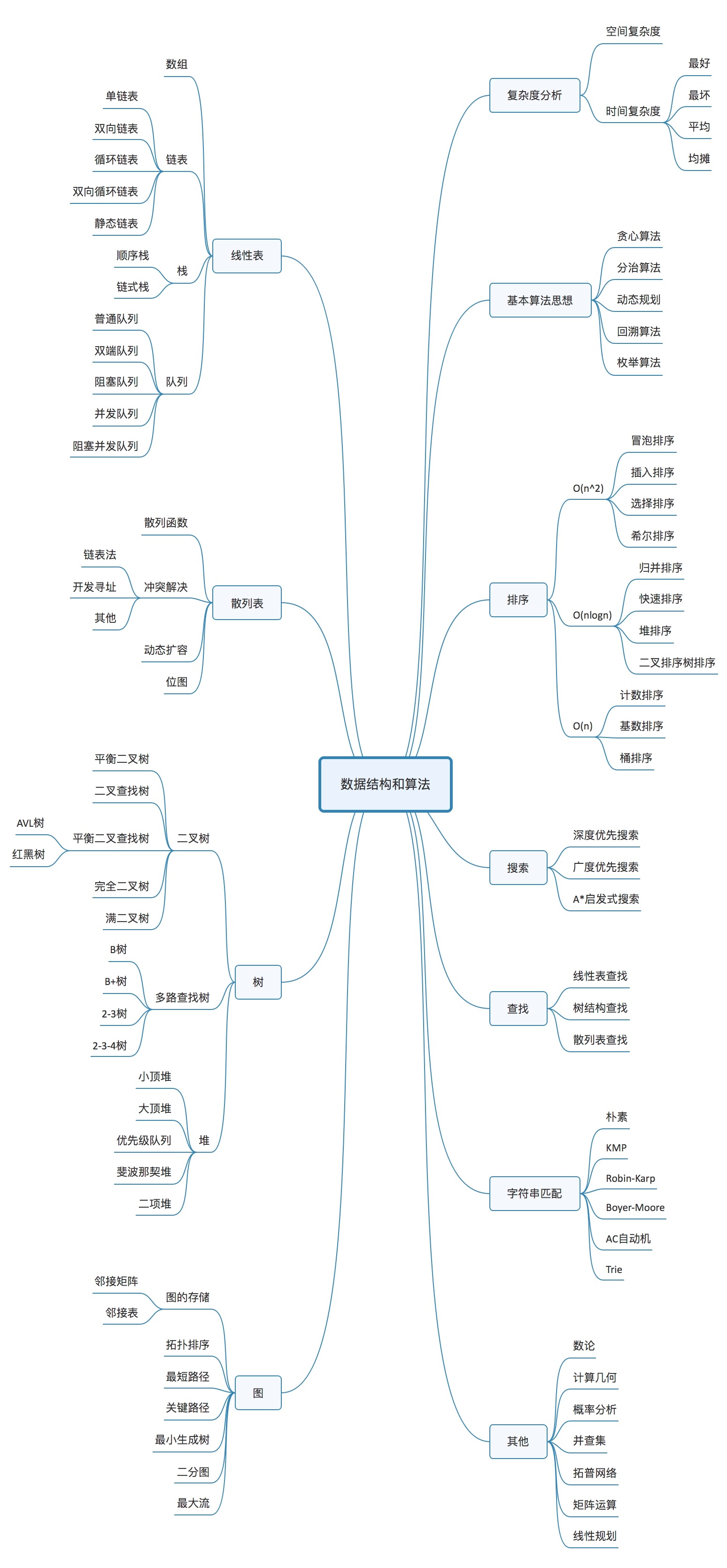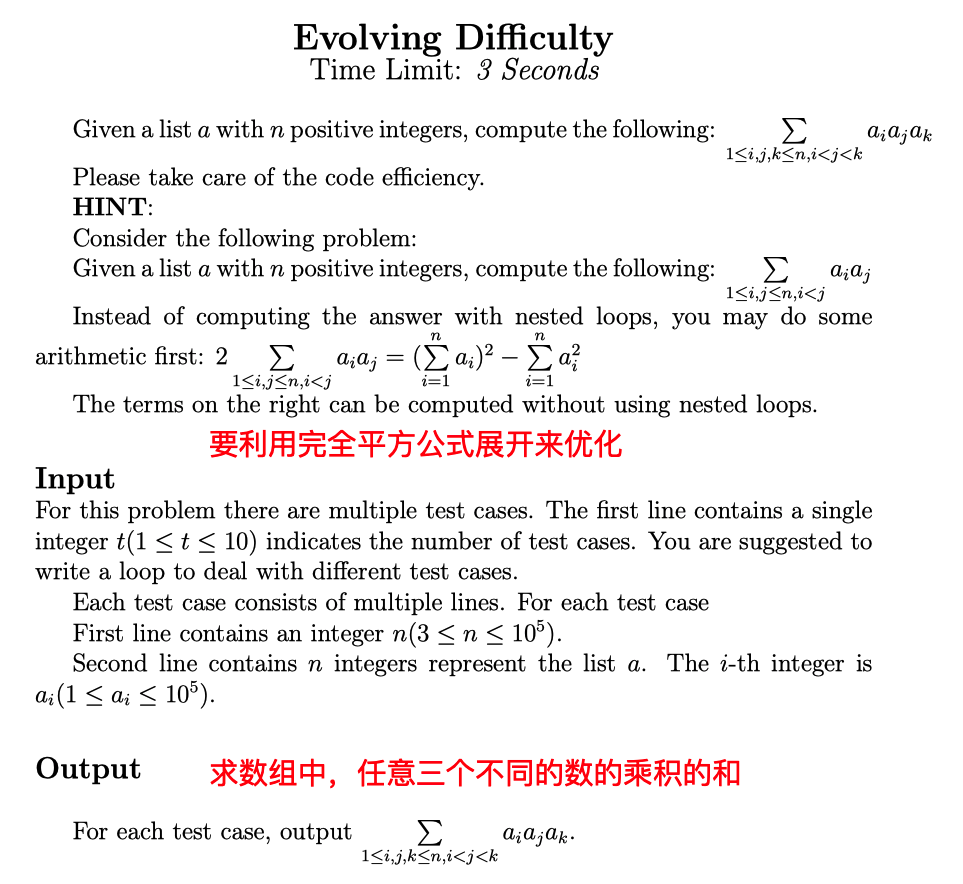1
2
3
4
5
6
7
8
9
10
11
12
13
14
15
16
17
18
19
20
21
22
23
24
25
26
27
28
29
30
31
32
33
34
35
36
37
38
| package main
import "fmt"
func quickSort(arr []int, startIndex, endIndex int ) {
if startIndex >= endIndex {
return
}
pivotIndex:= partition(arr,startIndex,endIndex)
quickSort(arr,startIndex,pivotIndex-1)
quickSort(arr,pivotIndex+1,endIndex)
}
func partition(arr []int, startIndex, endIndex int ) int {
pivot:=arr[startIndex]
mark:=startIndex
for i:=startIndex+1; i<= endIndex; i++{
if arr[i]<pivot {
mark++
arr[i],arr[mark] = arr[mark], arr[i]
}
}
arr[startIndex] = arr [mark]
arr[mark] = pivot
return mark
}
func main() {
var arr = []int{4,4,6,5,3,2,8,1}
quickSort(arr,0, len(arr)-1)
fmt.Print(arr)
}
|

